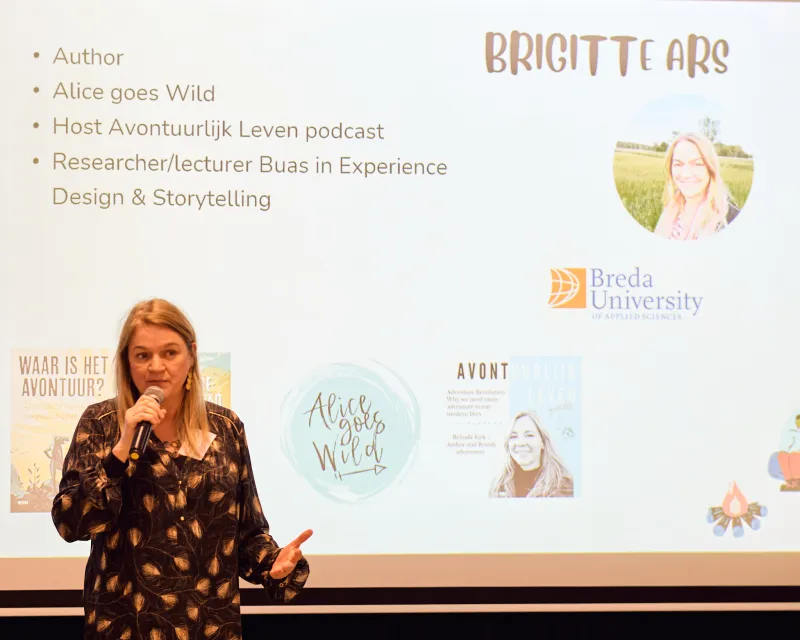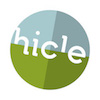
Recap IBTC 2025
Inspiring new routes and concepts in cycling and hiking tourism
Photos: Marcel Brans

On Thursday 13 February, Conference Center Domstad in Utrecht was the vibrant hub of the fourth edition of the International Bike and hike Tourism Conference (IBTC). With the theme “Next Generation Routes & Concepts,” more than 90 participants and speakers from 13 European countries and the United States gathered for a day filled with inspiring keynotes, engaging breakout sessions, and valuable networking opportunities.
Attendees included professionals from policy, education, destination marketing and promotion, route network development, and research.
A keynote to remember – Tim Voors
The conference kicked off with an energetic keynote by author and long-distance hiker Tim Voors, who shared his experiences on Portugal’s Fishermen’s Trail. Together with his daughter, he hiked 80 kilometers along the breathtaking coastline of the Rota Vicentina. He spoke about the physical challenges, meaningful encounters with locals, and the daily joy of fresh seafood.
Lively panel discussion
Moderated by Dr. Nina Nesterova, lecturer in Sustainable Development in Tourism at Breda University of Applied Sciences, the panel discussion sparked a lively exchange of ideas. Key takeaways included:
- Hiking and cycling are cornerstones of sustainable tourism: they promote well-being and minimize environmental impact.
- The shift from linear routes to flexible networks offers travelers more choice and freedom.
- Storytelling enhances the travel experience and creates emotional connections with destinations.
- Climate change calls for adaptable routes that respect biodiversity and fragile ecosystems.
- The European Cycling Declaration, signed by countries such as Germany and the Netherlands, reflects growing commitment to cycling infrastructure.
- Technology (AR, VR, audio guides) is gaining ground, but authentic, sensory experiences remain essential.
- Collaboration is key — tourism boards, city planners, transport authorities, and local entrepreneurs must work together.
Insightful breakout sessions
In the afternoon, six breakout sessions offered deeper dives into route development and marketing strategies.
Moniek Hover (lecturer in Storytelling) and Veronique de Kort (Brabant Partners) led an interactive session on developing narrative routes using a seven-step approach.
Marion Hoogwegt (MaxperienceSpain.com) and Marjan Gielen (Destinationmakers.nl) discussed how Spain’s 3,500 km of Vías Verdes (greenways) have evolved into tourism magnets.
Richard Bowen from Transport Infrastructure Ireland (TII) presented a plan for a national network of 3,500 km linking 200 towns and cities.
Christian Tänzler (visitBerlin) shared a practical list of do’s and don’ts for promoting cycling in a major urban setting.
Research as a foundation for route improvement
Frank Hart (Wandelnet) and Eric Nijland (Fietsplatform) demonstrated how data analysis and geodata from platforms like Strava and RouteYou contribute to optimizing trail networks.
The day concluded with an inspiring session by Brigitte Ars (author, researcher, and host of the Avontuurlijk Leven podcast) on micro-adventures — short, intense experiences just outside your comfort zone. Whether it’s a one-to-three-day hike, a camping trip, or a cycling tour, it’s all about discovering the unknown close to home.
